New community launched to support effective management of the subsurface
The initiative aims to increase knowledge exchange on subsurface issues between interested parties involved in subsurface policy and planning.
03/10/2024 By BGS Press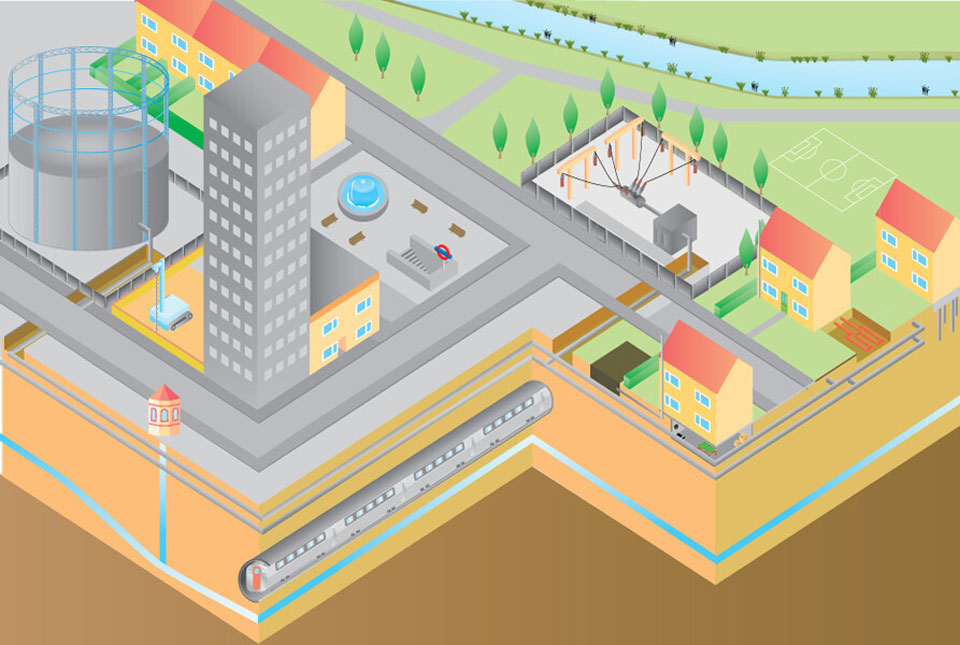
BGS and The Geological Society of London have accepted an invitation from the Government Office for Science (GO-Science) to launch a new network after its report, ‘The future of the subsurface foresight’, called for improved cross-sectoral work to address future issues.
The network, ‘Future of the Subsurface Community of Interest’, is set to be a community of decision makers from Government departments, local authorities, regulators and others in the public sector involved in subsurface policy and planning. It will serve as a forum for exchanging knowledge on subsurface issues to improve coordination and regulation and allow more effective management of the subsurface and the services it provides.
Use of the subsurface has been vital to people for thousands of years. The availability of subsurface resources, such as water, fertile soil and building materials, has long influenced where we choose to live. The UK’s diverse geology also plays a significant role in shaping its landscape and influences various aspects of land use, planning and society.
The subsurface is a natural space for the infrastructure that underpins society. We have developed methods to use and exploit the subsurface in a multitude of different ways, such as for natural resources and space for infrastructure, which deliver a range of societal benefits.
The Foresight study not only highlights the future need for the subsurface to deliver net zero technologies and climate adaptation measures; it also emphasises the challenge of implementing cross-sectoral solutions and the issue of incomplete and inconsistent regulation, which limit future options.
We will work alongside The Geological Society to ensure that we fulfil the need highlighted in the report, to facilitate a shared understand across decision makers of the value of the subsurface for the long-term public good.
Stephanie Bricker, head of urban geoscience and spatial planning, BGS
Informed and effective public policy relies on access to timely, digestible and relevant scientific evidence. By working with the British Geological Survey to facilitate this Community of Interest, we aspire to support those working across the breadth of subsurface policy and planning to engage with the best available geoscience and promote informed decision making.
Dr Megan O’Donnell, head of policy and communications at The Geological Society
Find out more about Go-Science’s report, the Future of the Subsurface Foresight.
Contact
For enquiries about the Community of Interest please contact FutureSubsurface@bgs.ac.uk
For media enquiries, please contact the BGS Press Office (bgspress@bgs.ac.uk) or call 07790 607 010.
The British Geological Survey is a world-leading geological survey and global geoscience organisation, focused on public-good science for government and research to understand earth and environmental processes. We are the UK’s premier provider of objective, impartial and authoritative geoscientific data, information and knowledge to help society to use its natural resources responsibly, manage environmental change and build resilience capabilities. From resource management and environmental protection to natural hazard mitigation and climate change adaptation, our work underpins many of the key challenges and opportunities facing the UK today.
The Geological Society of London is the UK’s national society for geoscience, providing support to around 12 000 members in the UK and overseas.
We aim to be an inclusive and thriving earth science community advancing knowledge, addressing global challenges and inspiring future generations.
Relative topics
Related news
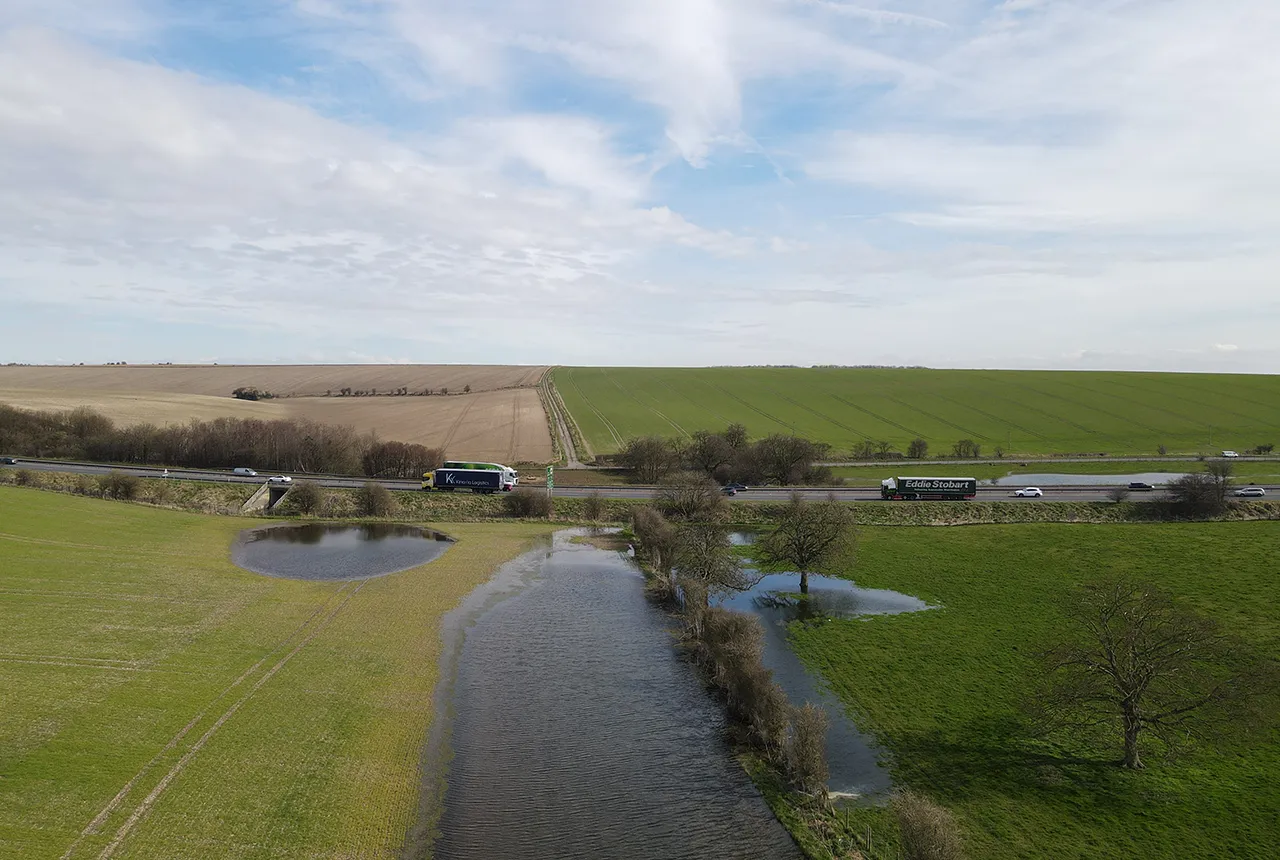
Pioneering tool expanding to analyse agricultural pollution and support water-quality interventions
06/02/2025
An online tool that shows which roads are most likely to cause river pollution is being expanded to incorporate methods to assess pollution from agricultural areas.
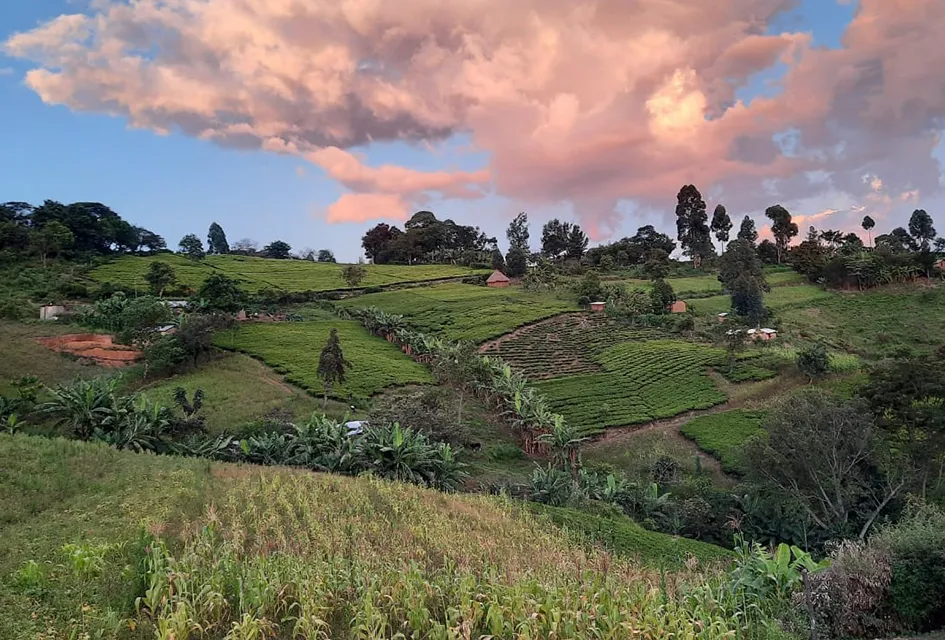
Dynamics of land-to-lake transfers in the Lake Victoria Basin
09/12/2024
In June 2024, a UK/Kenya research team shared research findings from a collaborative, four-year field and experimental programme within Kenya.

UK 2024 Criticality Assessment published
28/11/2024
The latest UK Criticality Assessment, produced by the UK Critical Minerals Intelligence Centre, shows that growing diversification brings an increasing vulnerability in terms of disruption to supply.
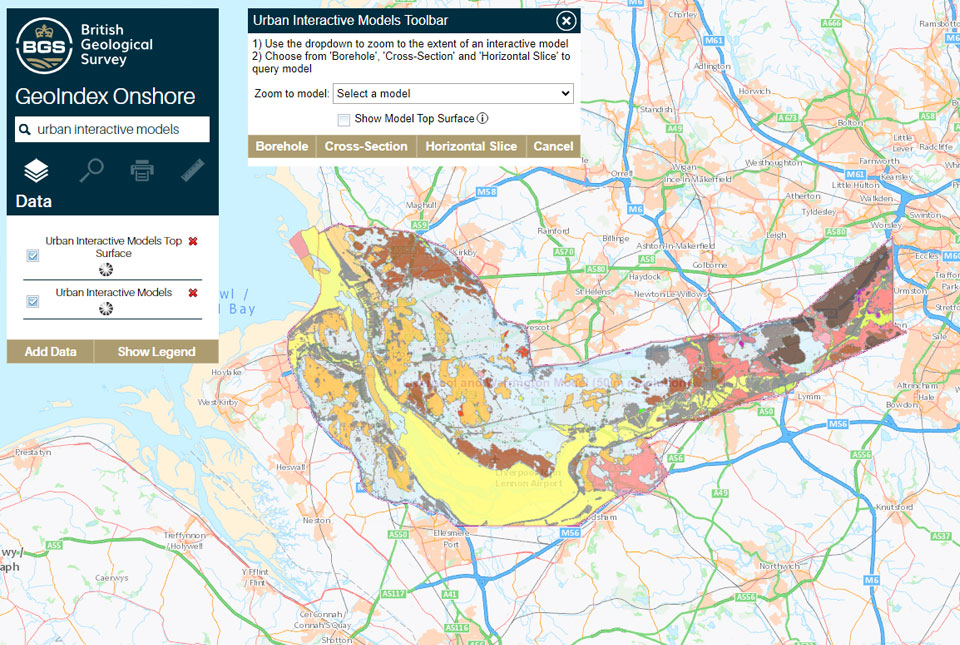
What lies beneath Liverpool?
11/10/2024
The geological secrets lying under the surface of Liverpool and Warrington have been unveiled for the first time in BGS’s 3D interactive tool.

New community launched to support effective management of the subsurface
03/10/2024
The initiative aims to increase knowledge exchange on subsurface issues between interested parties involved in subsurface policy and planning.
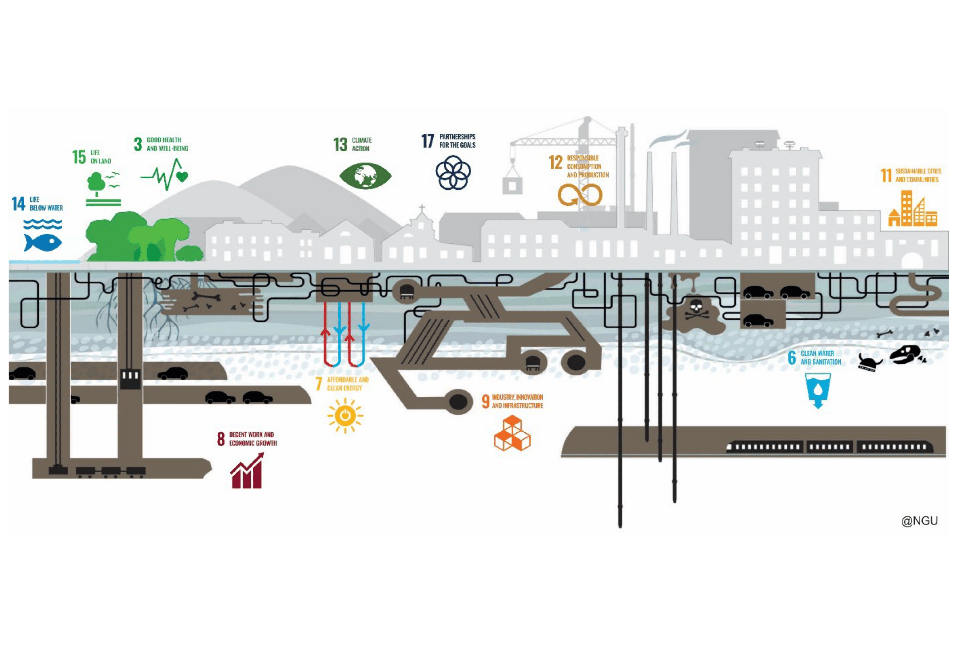
Delivering a sustainable urban future for Europe through geoscience
08/05/2024
Research, led by BGS and EuroGeoSurveys’ Urban Geology Expert Group, explores how urban geoscience is reflected in European urban and environmental policy.

Building stones spotlight: the Sir Walter Scott Memorial 25 years after its conservation
29/04/2024
BGS geologist, Luis Albornoz-Parra, discusses the iconic Edinburgh monument, the building stones used in its construction and the result (so far) of its conservation efforts.
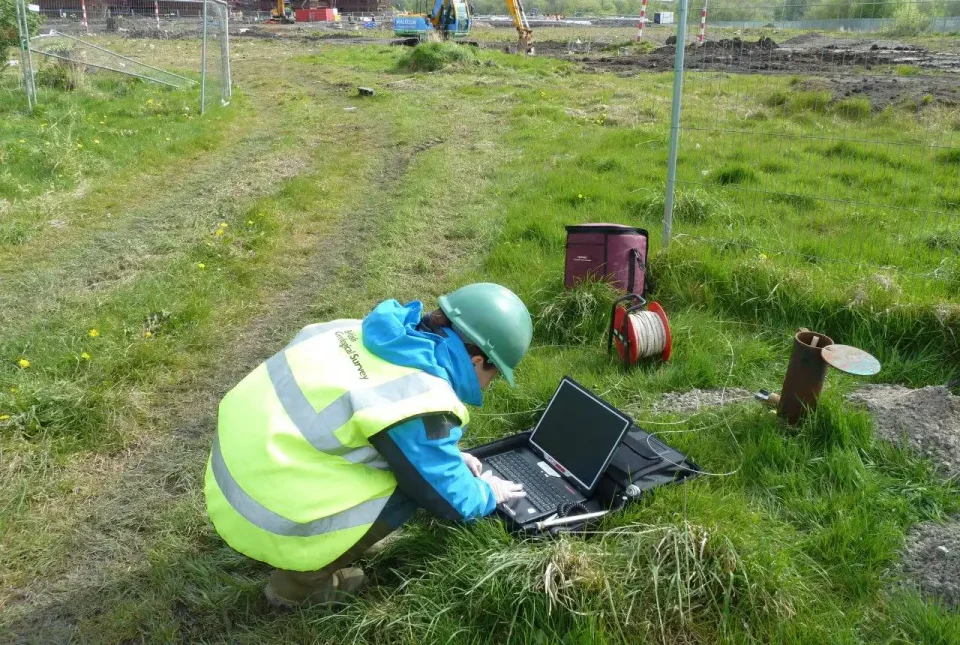
The Common Ground project
The Common Ground project aims to enhance the value of GI data for the UK construction and environmental sectors.
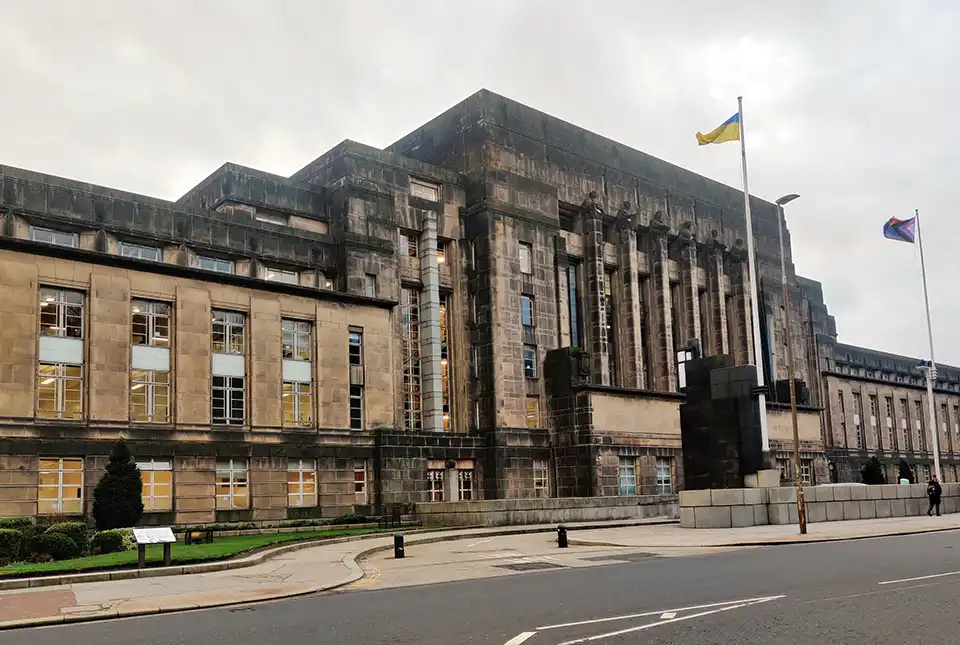
BGS scientist announced as Scottish Government policy fellow
06/02/2024
BGS geohazard scientist Roxana Ciurean has been named amongst new policy fellows for the Scottish Government.
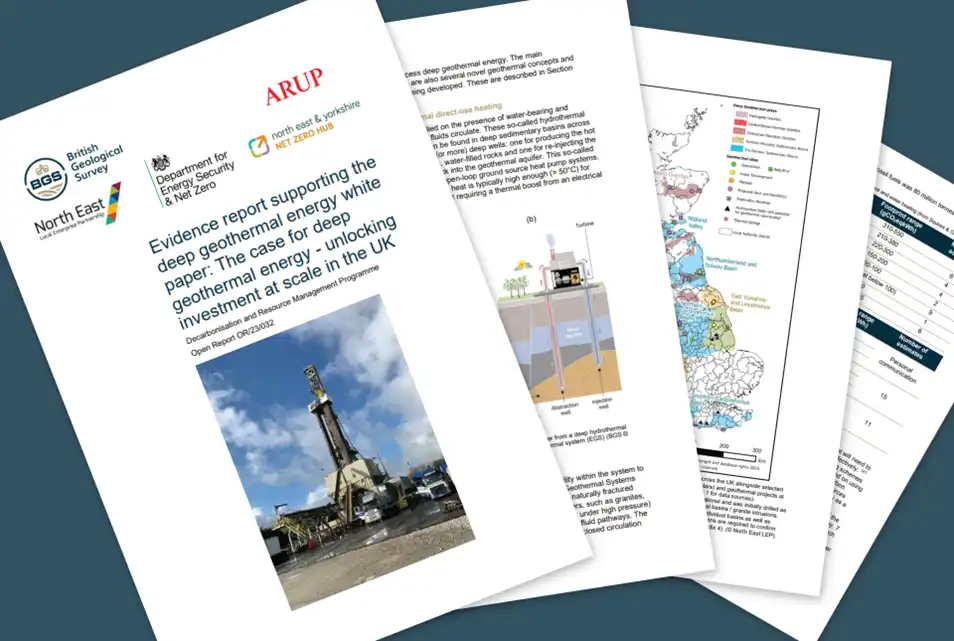
Evidence report on deep geothermal energy opportunities in the UK released
16/11/2023
BGS has published a detailed evidence report that underpins a deep geothermal White Paper.
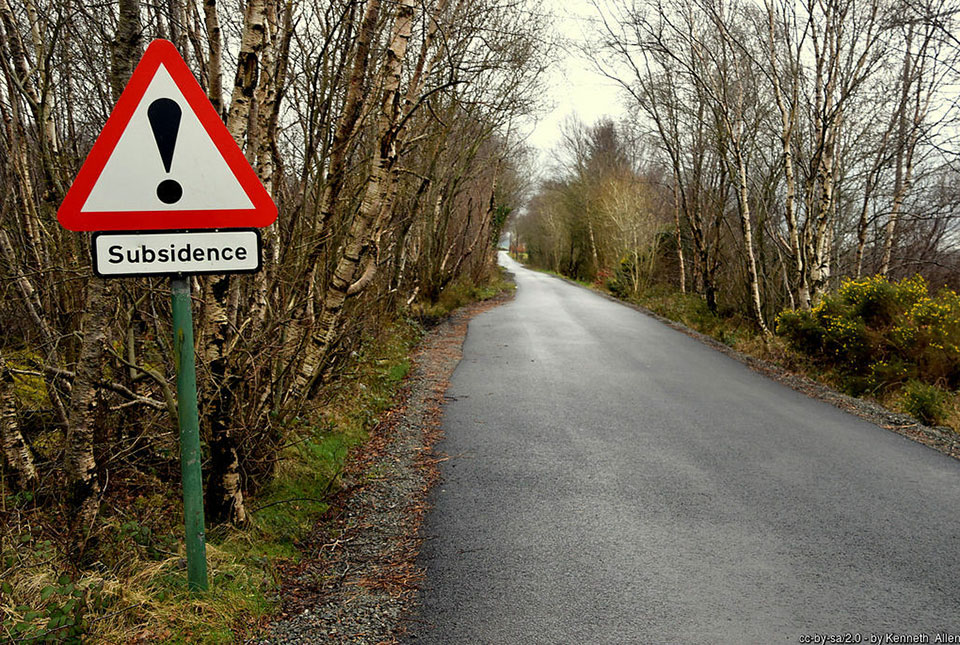
Evolving policies in the face of climate change: BGS data can help
25/08/2023
Climate change is increasingly recognised as a major challenge for organisations, with the need for adaptation driving a wave of policy updates and reforms across multiple sectors. BGS data holdings are relevant to many of these changes and the following examples outline how these data packages can be applied.
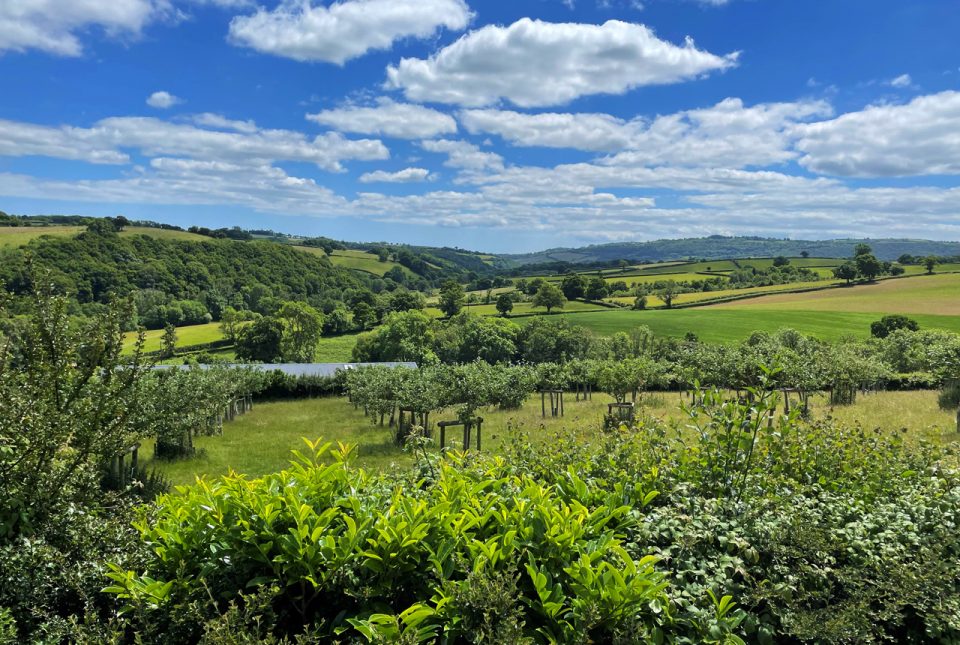
New report on the National Land Data Programme published
06/06/2023
The report, based on pilot projects across the UK, explains how spatial data and modelling can support better decisions on land use.



